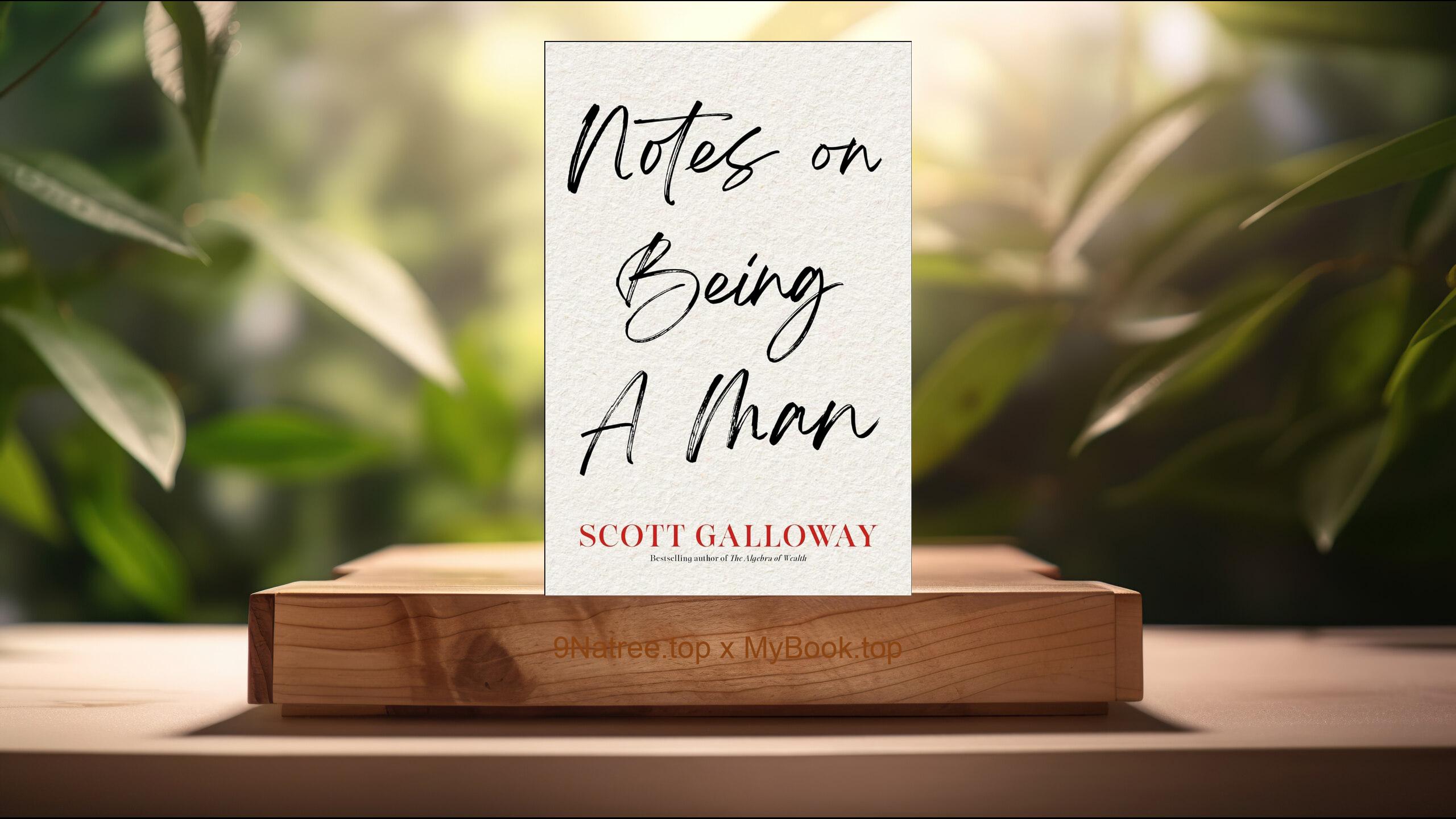Show Notes
- Amazon US Store: https://www.amazon.com/dp/B097XNT4RT?tag=9natree-20
- Amazon Worldwide Store: https://global.buys.trade/The-Power-of-Regret-How-Looking-Backward-Moves-Us-Forward-Daniel-H-Pink.html
- Apple Books: https://books.apple.com/us/audiobook/the-power-of-regret-how-looking-backward-moves/id1579444029?itsct=books_box_link&itscg=30200&ls=1&at=1001l3bAw&ct=9natree
- eBay: https://www.ebay.com/sch/i.html?_nkw=The+Power+of+Regret+How+Looking+Backward+Moves+Us+Forward+Daniel+H+Pink+&mkcid=1&mkrid=711-53200-19255-0&siteid=0&campid=5339060787&customid=9natree&toolid=10001&mkevt=1
- Read more: https://mybook.top/read/B097XNT4RT/
#EmotionalIntelligence #PersonalGrowth #DecisionMaking #LeadershipDevelopment #PsychologicalResilience #ThePowerofRegret
These are takeaways from this book.
Firstly, The Nature and Universality of Regret, Regret, as Daniel H. Pink elucidates in the book, is a fundamental human emotion that transcends cultural, geographical, and social boundaries. It's an emotional response to personal actions or inactions that we wish we could undo. Pink delves into how regret manifests differently across individuals but emphasizes its universality, grounding his discussion in both anecdotal evidence and scientific research. He argues that the ubiquity of regret is testimony to its significance in the human experience, positioning it not as a weakness but as a powerful tool for emotional intelligence and decision-making. Through examining the roots and impacts of regret, Pink provides a nuanced understanding of why we experience it and how it shapes our lives.
Secondly, Four Core Types of Regret, Daniel H. Pink identifies four core types of regret that encapsulate the myriad ways people experience this emotion: Foundation regrets, which pertain to the basic structure of our lives, like financial stability; Boldness regrets, related to chances not taken; Moral regrets, which involve ethical or moral failings; and Connection regrets, centered on failed relationships. Through an in-depth analysis of these categories, Pink demonstrates how each type of regret offers unique lessons and opportunities for growth. He utilizes real-life scenarios and psychological studies to illustrate how recognizing and categorizing our regrets can illuminate paths to remediation and self-improvement. This segmentation helps readers understand their regrets in a more structured way, guiding them towards constructive reflections and actions.
Thirdly, The Functional Purpose of Regret, Pink posits that regret serves a critical function in human development and survival. He argues that regret is not merely a distressing emotion but a crucial feedback mechanism that aids in learning from mistakes and making better choices in the future. By exploring the cognitive and emotional mechanisms underlying regret, the book details how this emotion can guide adjustments in behavior, foster empathy and moral reasoning, and motivate constructive change. Pink supports this perspective with psychological theories and empirical studies, encouraging a reevaluation of regret from a maladaptive response to a valuable source of guidance and insight.
Fourthly, Strategies for Harnessing the Power of Regret, One of the most actionable aspects of 'The Power of Regret' is Pink's presentation of strategies for harnessing regret's positive potential. He outlines practices such as reflection, articulation, and making amends, which can transform regret from a source of pain into a catalyst for personal growth and improved decision-making. Pink emphasizes the importance of acknowledging and processing regrets through healthy channels, suggesting methods for mitigating the negative impacts of rumination and avoidance. He offers a roadmap for moving forward by synthesizing regretful experiences into lessons that inform future choices, demonstrating how these strategies can lead to more fulfilled and purpose-driven lives.
Lastly, Implications for Personal and Professional Growth, Through a comprehensive exploration of regret's dynamics, Pink underscores its profound implications for personal and professional development. He argues that understanding and leveraging regret can enhance emotional intelligence, relationship building, and leadership abilities. By cultivating an adaptive approach to processing regret, individuals can foster resilience, empathy, and a deeper understanding of their values and goals. Pink highlights how businesses and organizations can also benefit from acknowledging the collective regrets of their members, promoting a culture of learning, innovation, and psychological safety. This holistic view of regret underscores its significance as an invaluable tool for growth in all aspects of life.
![[Review] The Power of Regret: How Looking Backward Moves Us Forward (Daniel H. Pink) Summarized](https://episodes.castos.com/660078c6833215-59505987/images/1826839/c1a-085k3-6zdjj9rni72v-paogxp.jpg)




